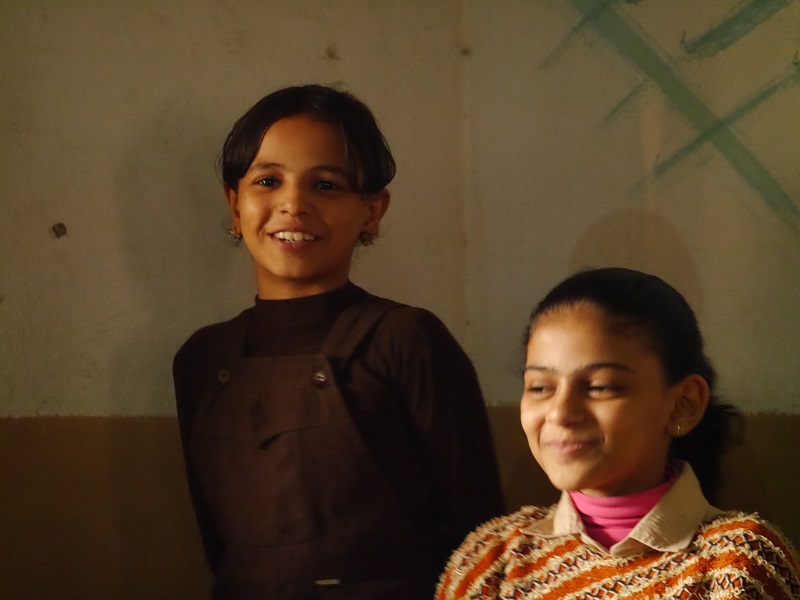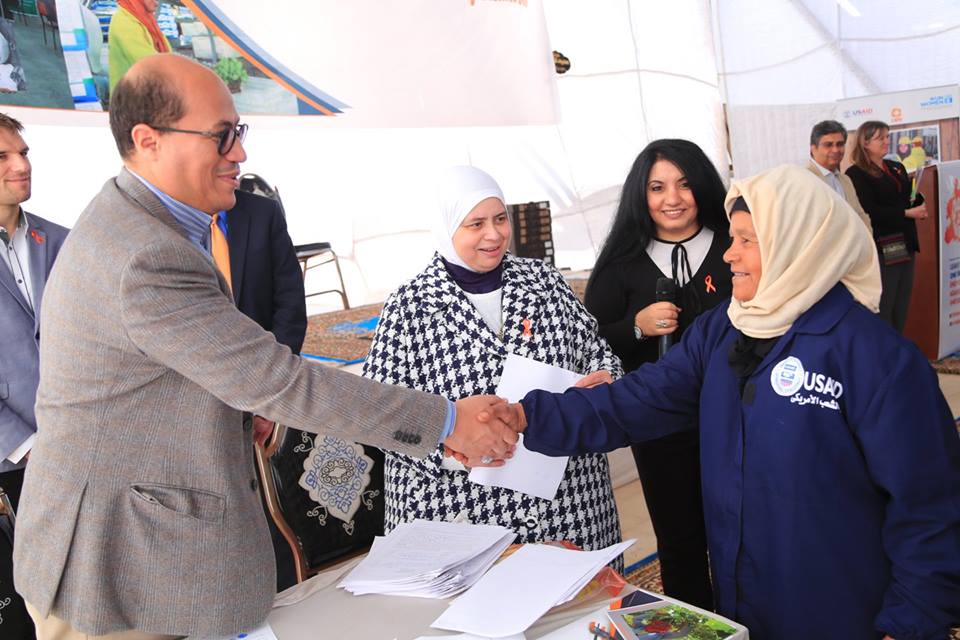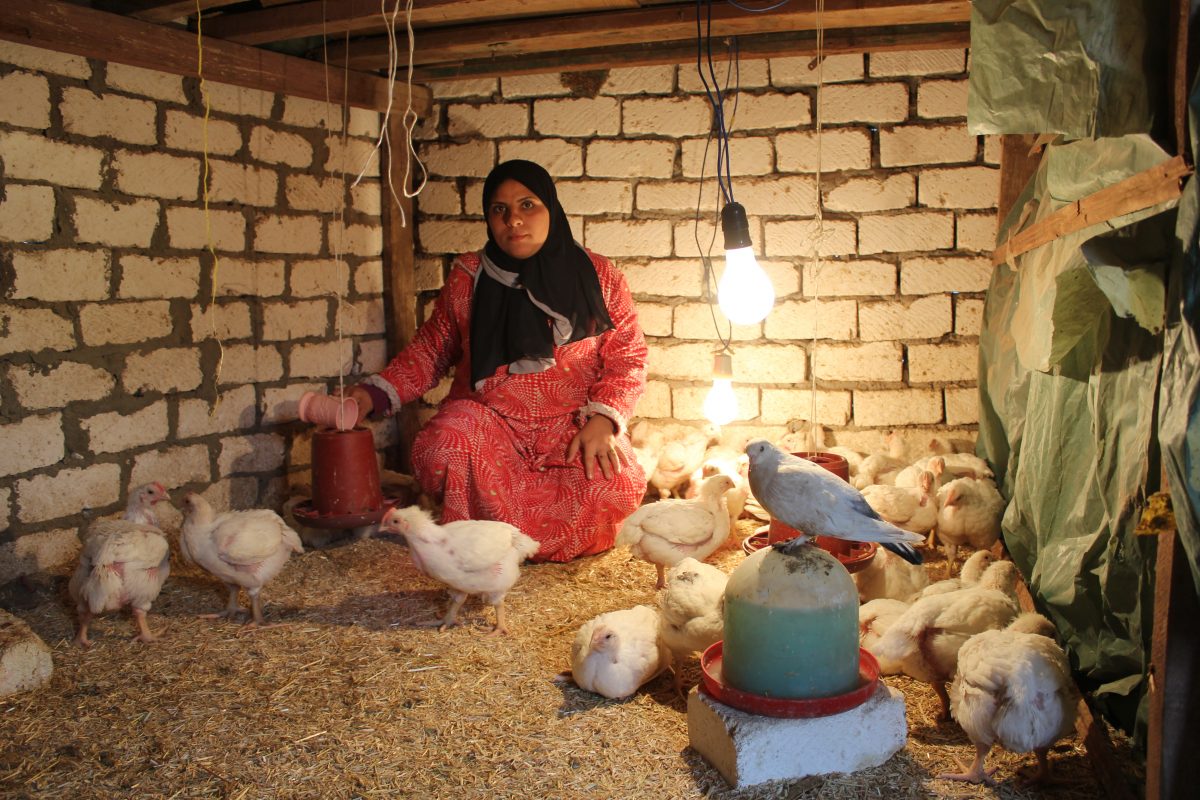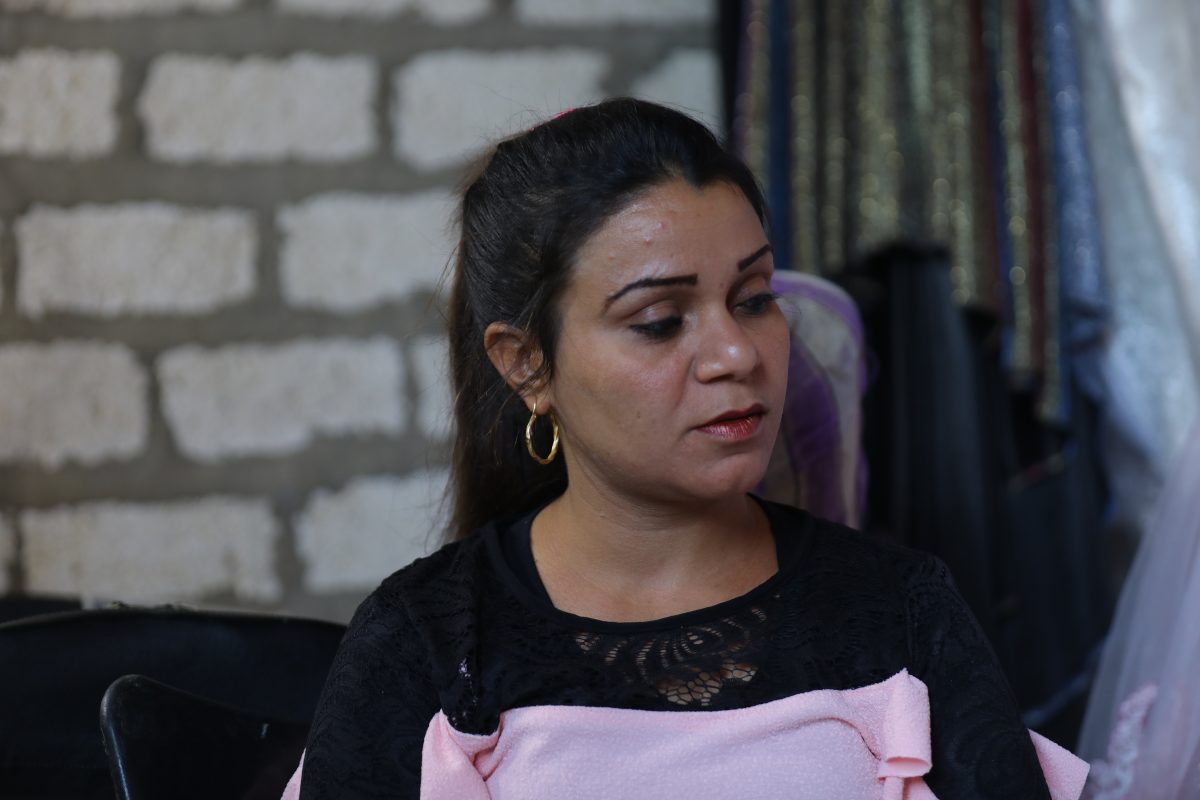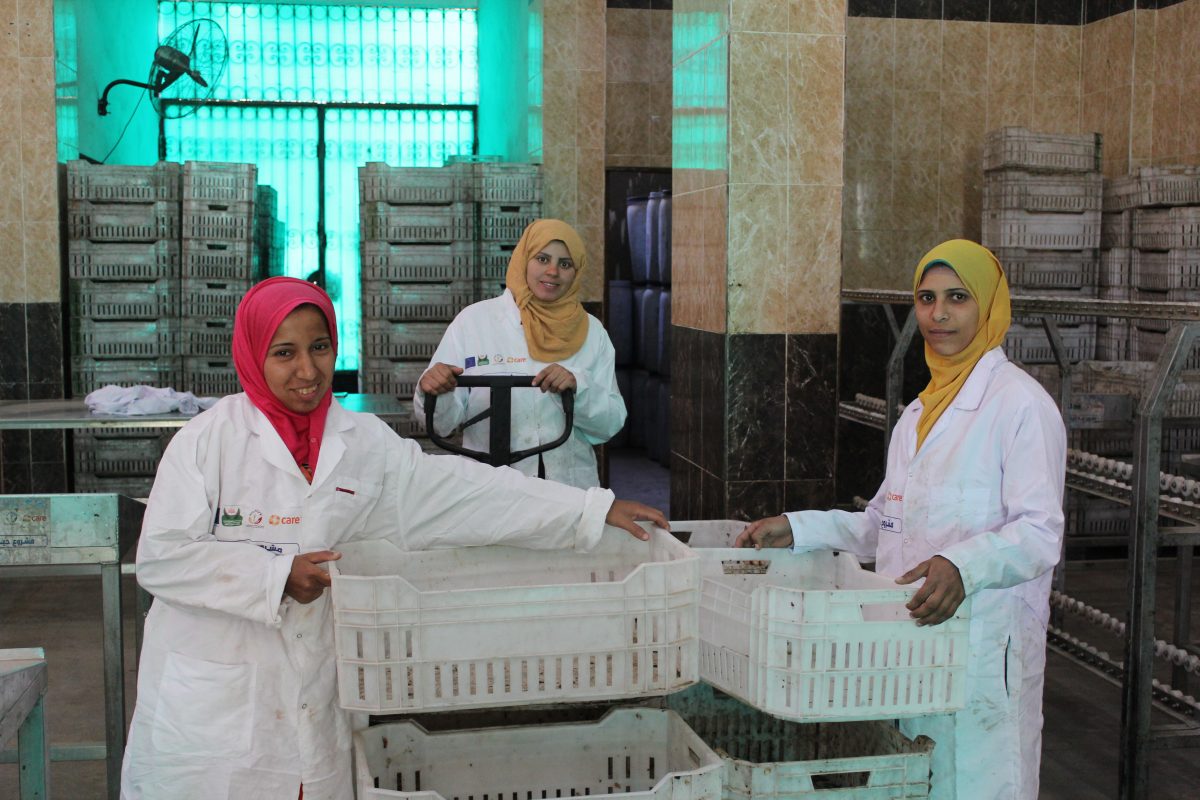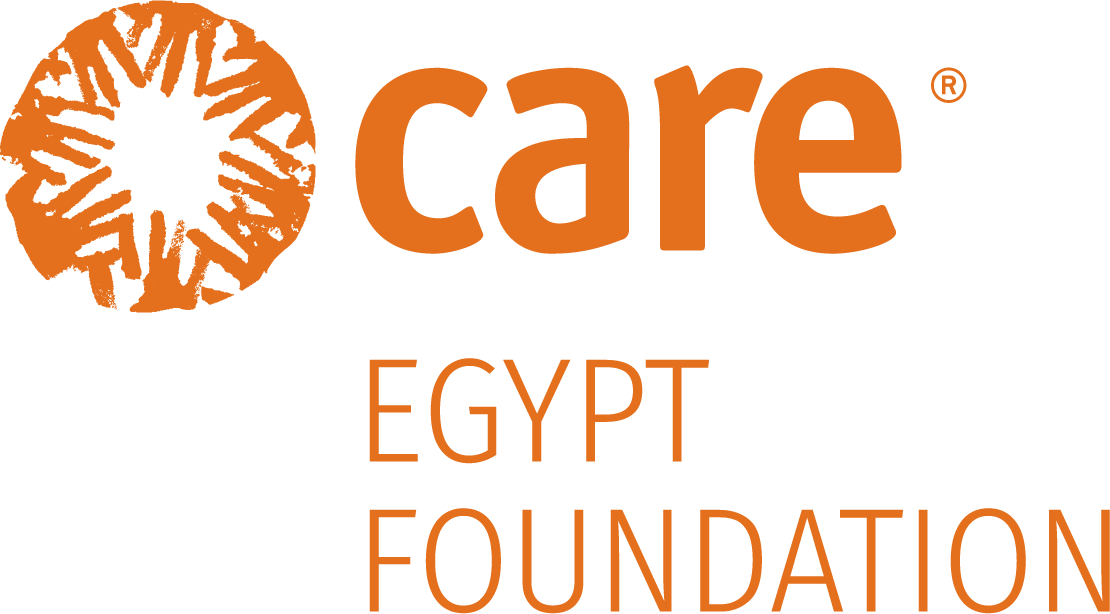Sarah is a member in “El-Nour” group in Nidah village, Ikhmim, Sohag.
She is a student in a technical secondary school and the middle daughter in a family of 8 members.
Sarah is a beautiful girl, but she suffers from stuttering which made her introvert and reluctant to interact with people around.
She hardly pursues her education and tends to avoid participating with her colleagues in any activity or outing.
After the participation of Sarah’s mother in a saving group, she tried to persuade her to join them to interact with people and get out of her introversion, yet all these attempts were unsuccessful.
That’s when Sarah’s mother decided to let her father convince her with the aim of saving some money to buy for herself accessories’ making supplies and tools in which she is interested.
Sarah hardly got convinced of participating in the saving group, at the beginning she refused to attend the sessions, and if she ever attends, she doesn’t speak or interact with her colleagues.
However, after few weeks, the members of the group started to talk to her and go to her house to ask about her if she ever didn’t attend a session.
As a result, Sarah began to feel comfortable with them, interact with them and attend the weekly sessions.
Few months later, the saving group started Financial Literacy training which made Sarah meet up with her group several times a week, and her participation started to be noticeable and effective in the group.
As a result, her facilitator asked her to participate in Tamkeen project that is being implemented by Association for Rural Women in Nidah village and aims at raising the girls’ awareness on the political participation.
At the beginning, Sarah refused due to her fear of people whom might make fun of her stuttering whenever she speaks.
Nevertheless, Sarah’s facilitator insisted on trying to convince her, and indeed, Sarah’s group members talked to her and persuaded her that she’s a strong girl and capable of participating in the project and surpass others.
After her participation in Tamkeen project that lasted for 6 months and attending the whole sessions and topics on political participation, the saving group started Social Empowerment training, which had a magical effect on Sarah!!
She became more confident in herself and started to express herself; her shyness of her stuttering and her sufferings in the interaction with people, “I used to be In’am* when I used to be shy of myself and hide from people, but now I became Fayza*, I want to remain Fayza and I never want to be In’am anymore”, said Sarah.
Since then, Sarah tended to be more active and more confident in herself.
She also tended to regularly attend the group’s meetings whom have had a favor in the great changes occurred to her life.
Moreover, she thought of investing in her only hobby “accessories making” through getting a loan from the saving group to buy the needed tools and start her work that will be marketed among her new friends and colleagues.
Indeed, Sarah got a loan of LE 300 and bought the needed tools to start-up her accessories business.
Then she made the first quantity and sold them to her friends and network, she managed to pay the loan’s installments on time and made a good profit margin through which she made another quantity and successfully sold them.
Consequently, Sarah thought of expanding her business and selling her accessories to school and university students.
Sarah knew how to start; making and selling accessories was a successful idea which has expanded and made Sarah invest more time and money in it by making big quantities and selling them in different places inside her village and outside it.
Moreover, through her cousin whom was a student in Sohag University, she managed to sell her accessories to the female students in the university. Now, Sarah’s big dream is to open a shop for making and selling accessories.
“The Saving Project drew my life and changed me from someone hides from people to someone deals with everyone around”, says Sarah.

